#Ernaux
Photo

Annie Ernaux, 2022 Nobel Prize in Literature laureate
#Annie Ernaux#Ernaux#French#France#2022#Nobel Prize#1940#1940's#1900's#2020's#2000's#Normandie#Normandy#Lillebonne#Seine-Maritime#literature#author#novelist#writer#The Years#Simple Passion#A Woman's Story#A Girls Story#A Man's Place
86 notes
·
View notes
Photo
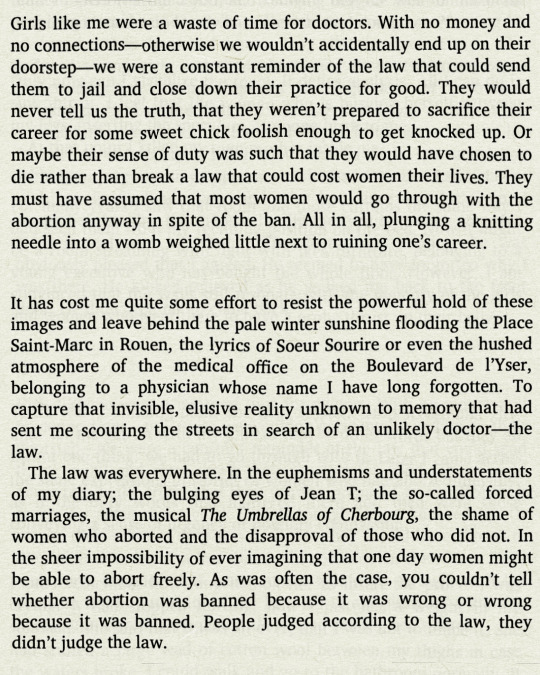
Annie Ernaux, Happening (trans. Tanya Leslie)
#studyblr#studygram#studyspo#books#bookblr#book#b#currently reading#read#reading#bookstagram#quotes#annie ernaux#ernaux#translated literature#literature#lit#litblr#law#philosophy#ess#non fiction#non-fiction#abortion#autobiography#memoir#human rights#class#gender#fitzcarraldo editions
394 notes
·
View notes
Text
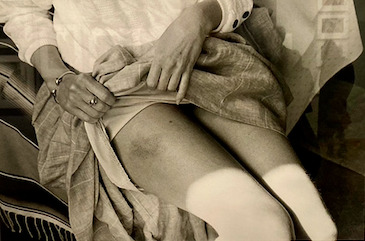
"Incidents #27" d'Henry Wessel (sans date) à l'exposition “Extérieurs - Annie Ernaux & la Photographie” à la Maison Européenne de la Photographie (MEP), Paris, avril 2024.
4 notes
·
View notes
Photo
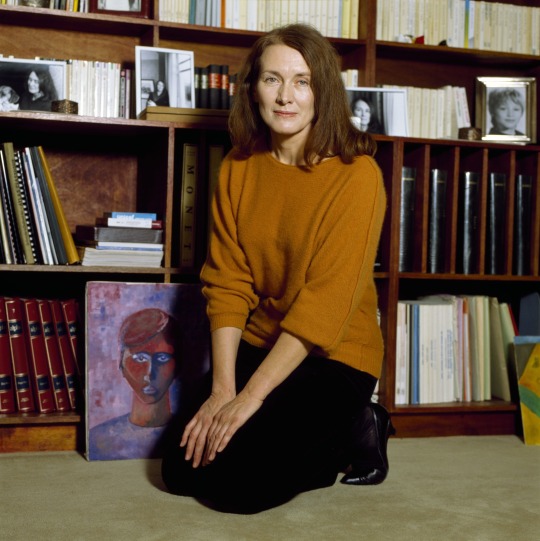
L'écriture est suspension pour moi de toutes les sensations autres que celles qu'elle fait naître, qu'elle travaille.
- Annie Ernaux
Annie Ernaux was awarded the 2022 Nobel Prize for Literature, “for the courage and clinical acuity with which she uncovers the roots, estrangements and collective restraints of personal memory, declared the Nobel communication committee when awarding the Prize. Her work, which is mostly autobiographical, turned her in a prominent French literary figure from the unassuming teacher in literature at the University of Cergy-Pontoise. She wrote about 20 novels all around the theme of “impersonal biography”.
Ernaux is 82 years old and has been publishing for nearly 50 years. She has long been feted in France, where she is one of the few female authors to appear on school curriculums. The extraordinary thing is how long it has taken the anglophone world to catch up. Despite a flurry of translations around the turn of the millennium, it was only in 2019, when her masterpiece The Years (Les Années) was shortlisted for the International Booker prize, that she began to be widely noticed.
Ernaux began writing - in secret, without her then-husband’s knowledge - in the French tradition of auto-fiction, a term now bandied about beyond recognition. Les armoires vides (1974) and the two books that followed were novels based on her own life, written in a conventional form. The last of these, La femme gelée (1981) was about a married mother of two who has been “frozen” by domestic life. It offered a view of women in society that would preoccupy her for decades and led readers to assume she was talking about herself.
At that point, she made an emphatic switch from fiction to fact: “No lyrical reminiscences, no triumphant displays of irony,” she resolved. She wanted to write about her late father, who had run a cafe in Normandy and from whom she had become distanced partly as a result of her education. Halfway through writing the novel she began to feel “disgust”. A novel, she later explained, was “out of the question. In order to tell the story of a life governed by necessity, I have no right to adopt an artistic approach.” Instead, she would “collate” her father’s words, tastes, mannerisms, and give an account not just of the man but of his generation and class.
It’s important to understand this about Ernaux’s work: though it is written in memoir form, she features largely as an observer or as a conduit to a shared emotion.
Despite their modesty and precision (many of her volumes run to fewer than 80 pages), the books aim to show something broader than any given self, which is why she is sometimes thought of as an ethnographer or sociologist. In the book she eventually wrote about her father, La place (1983), later translated as A Man’s Place, she admonishes herself: “If I indulge in personal reminiscences… I forget about everything that ties him to his social class… I have to tear myself from the subjective point of view.”
This viewpoint was combined with an extreme attentiveness to, and an erudite knowledge of, literary style. “This neutral way of writing comes to me naturally,” she said. “It is the very same style I used when I wrote home telling my parents the latest news.” La place was the first of her books that she felt was not “false”, and it marked the beginning of a life’s work.
Other volumes were borne of, among other things, terror (her mother’s descent into dementia), desire (a love affair with a married man), physical pain (an illegal abortion), familial pain (the death of an older sister Ernaux never knew), shame, grief and guilt (should she be setting any of this down at all?). “Literature is so powerless,” she writes. And, in Passion simple: “Sometimes I wonder if the purpose of my writing is to find out whether other people have done or felt the same things.”
The Nobel jury praised her for “the courage and clinical acuity with which she uncovers the roots, estrangements and collective restraints of personal memory”. Her work is part of a European tradition of auto-fiction that has since produced Elena Ferrante, Karl Ove Knausgård and Ernaux’s young compatriot Édouard Louis. She now joins sixteen other French recipients for the Literature award. They include major French writers who became true leading figures of international literature of the 20th century: Romain Rolland (Nobel Prize in Literature in 1915), Roger Martin du Gard (1937), André Gide (1947), François Mauriac (1952), Albert Camus (1957), Jean-Paul Sartre (1964), Jean-Marie Gustave Le Clézio (2008), and Patrick Modiano (2014).
#ernaux#annie ernaux#quote#french#literature#writer#author#nobel prize for literature#nobel prize#femme#arts#culture#france
35 notes
·
View notes
Quote
Ich konstruiere keine Romanfigur. Ich dekonstruiere das Mädchen, das ich gewesen bin.
Annie Ernaux: “Erinnerungen eines Mädchens”, S.58
#annie ernaux#ernaux#erinnerungen eines mädchens#konstruktion#roman#figur#schreiben#dekonstruktion#erinnerung
3 notes
·
View notes
Text
Sarebbe facile scrivere cose del genere. L’eterno ritorno delle stagioni, le gioie semplici, il silenzio dei campi. Mio padre lavorava la terra altrui, non ha visto la bellezza, lo splendore della Madre Terra e altri miti gli sono sfuggiti.
Annie Ernaux, il posto
#annie ernaux#ernaux#nobel#premio nobel#eterno ritorno#stagioni#gioie semplici#citazione libro#citazione#romanzo#il posto#miti#contadino
3 notes
·
View notes
Quote
La nostra memoria è al di fuori di noi, in un soffio piovoso del tempo.
ANNIE ERNAUX
Gli anni
4 notes
·
View notes
Text
Literature Versus Philosophy: Frivolity Of The Elite Versus Survival Of Civilization
Literature consists in telling fictional stories. A great novelist is one who people want to read, and the more people read the novelist, or the more prizes from the establishment the novelist gets, the greater the novelist is deemed to be. Rewarded by the Vulgum, or rewarded by the establishment. What’s the wisdom in that?
An example is the 2022 Nobel Prize in literature, which was fully…
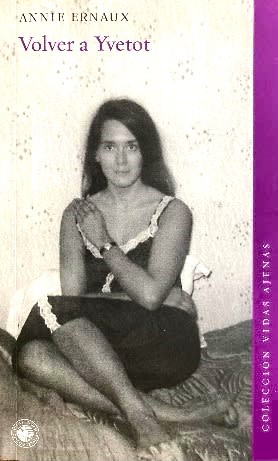
View On WordPress
1 note
·
View note
Text
« Avec le walkman la musique pénétrait pour la première fois le corps, on pouvait vivre en elle, muré au monde. »
Les années - Annie Ernaux
#annie ernaux#ernaux#quotes#quote#citation#citations#nostalgie#walkman#musique#littérature#prix nobel
1 note
·
View note
Quote
Cuando era niña, para mí el lujo eran los abrigos de pieles, los vestidos de noche y las mansiones a orillas del mar. Más adelante, creí que consistía en llevar una vida intelectual. Ahora me parece que consiste también en poder vivir una pasión por un hombre o una mujer
Annie Ernaux
0 notes
Photo
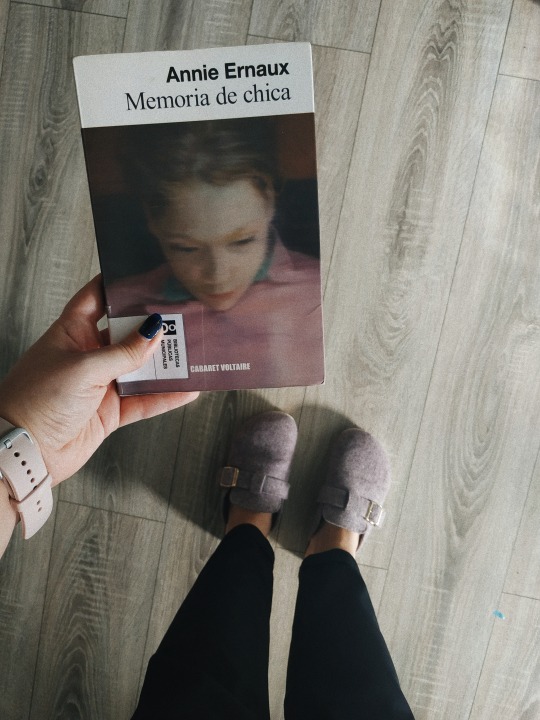
1 note
·
View note
Text
Libri d'autunno
Libri d’autunno
Con un po’ di ritardo aggiorno la galleria dei libri letti quest’autunno.
In questo momento non ricordo con precisione l’ordine in cui li ho letti. due non li ho letti proprio e infatti, forse, non dovrebbero esserci in questa lista, ma li ho comunque comperati per regalarli a mio nipote. Si tratta dei due libri di Fabrizio Borghini: “La commedia cinematografica toscana. 1987-2022” e “C’era una…
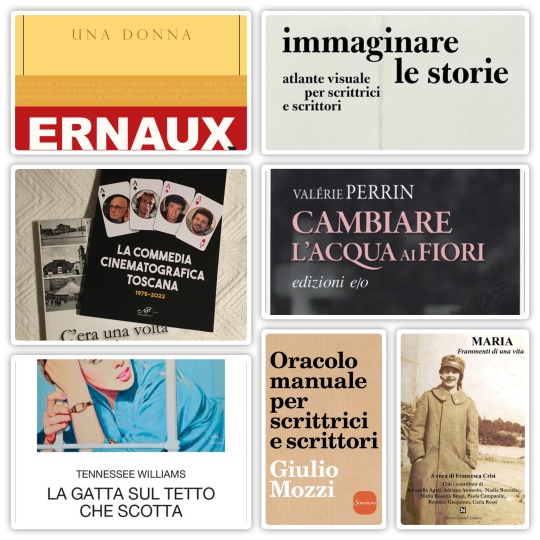
View On WordPress
0 notes
Text

I leaned against the beauty of the world / And I held the smell of the seasons in my hands
Anna de Noailles, as quoted in Les Années (The Years) by Annie Ernaux
#w#poetry#anna de noailles#annie ernaux#it is a serious thing just to be alive on this fresh morning in this broken world
2K notes
·
View notes
Text
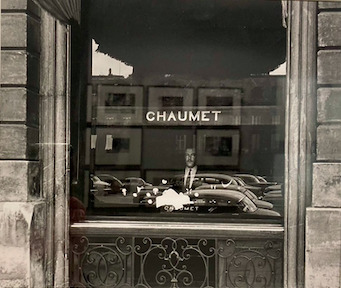
"Place Vendôme" de la série "Paris Mortel" de Johan Van der Keuken (1958) à l'exposition “Extérieurs - Annie Ernaux & la Photographie” à la Maison Européenne de la Photographie (MEP), Paris, avril 2024.
3 notes
·
View notes
Text
And deep down, hidden away as indecent, the desire for a pleasure I've discovered on my own.
Annie Ernaux, excerpt from A Frozen Woman trans. by Linda Coverdale
223 notes
·
View notes
Quote
Die Sinnlosigkeit des Erlebten in dem Moment, in dem man es erlebt, vervielfacht die Möglichkeit des Schreibens.
Annie Ernaux: “Erinnerungen eines Mädchens”, S.164
4 notes
·
View notes